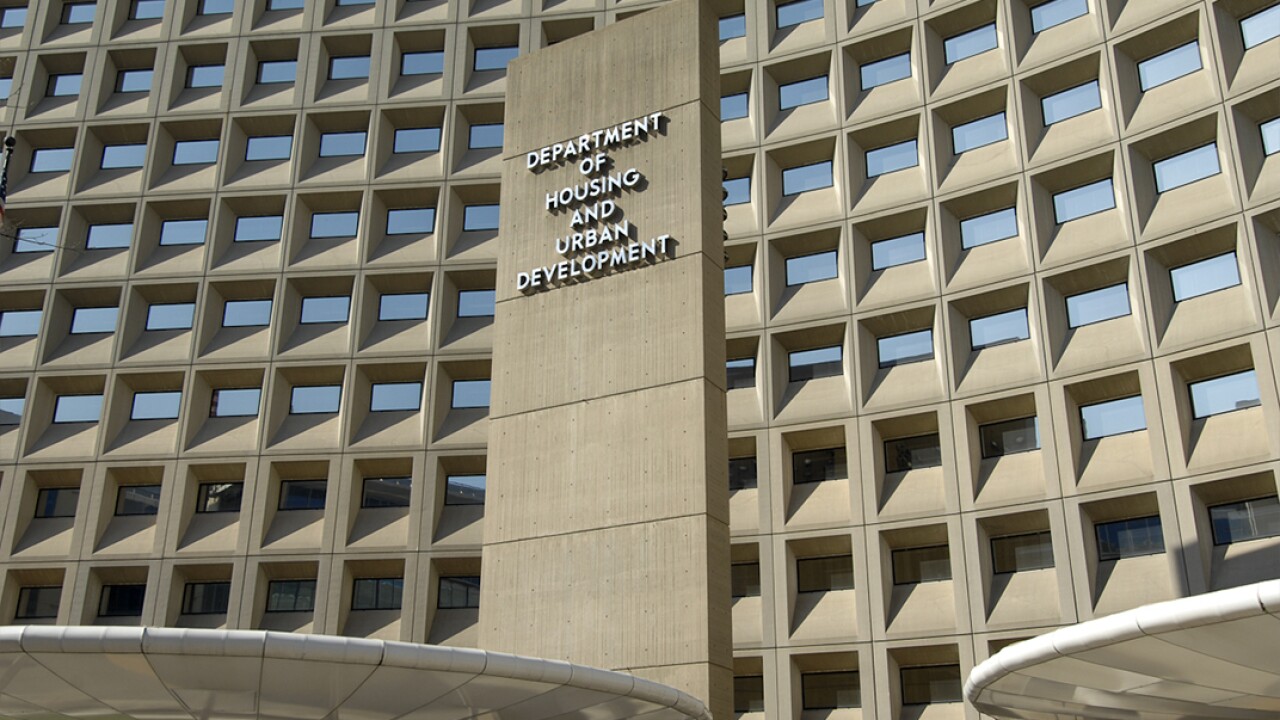The Brookfield, Wis., financial technology vendor Fiserv Inc. posted strong third-quarter earnings, but its stock was downgraded because of concern over decelerating revenue growth.
Fiserv said last week that net income rose 22% from the same quarter last year, to $112.9 million. Revenue rose 8%, to $1 billion, including $86 million of reimbursements by customers.
"Our performance in the third quarter was strong," Leslie M. Muma, Fiserv's president and chief executive, said in a conference call with analysts Friday. Through both acquisitions and organic growth, his company is positioned to provide "long-term shareholder returns."
However, David A. Trossman, an analyst at Wachovia Securities Inc., downgraded the shares Friday to "underperform," from "market perform."
"Organic revenue growth is decelerating, cash flow remains weak, and valuation remains higher than faster-growing peers," Mr. Trossman wrote in a research note.
Fiserv's revenue from processing and services rose 10%, to $925 million. In the third quarter of last year that figure rose 23% from a year earlier, to $843 million.
Mr. Trossman's downgrade was the second in three months. After Fiserv issued its second-quarter report in July, he lowered his rating for the stock to "market perform," from "outperform," on concern that its revenue growth had peaked.
Fiserv's shares dropped 6.42%, Friday, to $42.44.
John Kraft, an analyst with D.A. Davidson & Co. in Great Falls, Mont., said he was surprised at investors' reaction to the report.
"The quarter was basically in line with what we were looking for," he said. The numbers were what "Fiserv's management was targeting."
Even though earnings per share of 60 cents beat analysts' expectations by a nickel, some people may have actually expected even better results, Mr. Kraft said. "Investors were, I think, more optimistic than management." There was "a lot of optimism in the stock … that they would begin to see improvements from their current levels of organic growth."
He kept his rating for Fiserv's shares at "neutral."
During the conference call, Mr. Muma cited the August purchase of the Dallas online bill-payment provider BillMatrix Corp. as an example of the type of deals Fiserv expects to make to maintain its revenue growth. Though Fiserv already offered Internet banking services, it previously relied on third parties to provide bill payment to its bank customers.
When it announced the deal for BillMatrix, Fiserv said it could become the foundation of an in-house bill-payment service. BillMatrix uses direct connections to billers to facilitate last-minute payments online or by phone. Unlike banks, which offer free online bill payment but often require several days to route payments to billers, BillMatrix charges a fee for its expedited service.
Some analysts said the $350 million price was high, because Fiserv has said BillMatrix would generate $90 million of revenue next year.
Fiserv is well-known for its busy acquisition pipeline, but in the past few years some of its competitors have also ramped up their own dealmaking. Mr. Kraft said that the deals have driven up prices for banking technology vendors, and that investors might be concerned that Fiserv could be forced to spend more on future purchases.
However, he called that the BillMatrix deal "intriguing," because it brings Fiserv into a rapidly growing market.
"Certain things justify higher prices," he said.
Mr. Muma said that BillMatrix is a high-margin business, and that the high price was justified. "We are excited about the future of electronic bill payment."
Analysts pressed him during the call to provide a timeline for expanding on BillMatrix' services, but Mr. Muma said he could not, except to say, "It's going to be a 12- to 18-month window before you see any activity."
He also said that Fiserv plans to expand aggressively abroad, and that it expects a surge in flood claims processing from the areas hit by Hurricanes Katrina and Rita. However, he cautioned that the surge would not provide a significant boost to the fourth-quarter results.
"The fourth quarter of last year had a lot of flood claims, too," he said.





